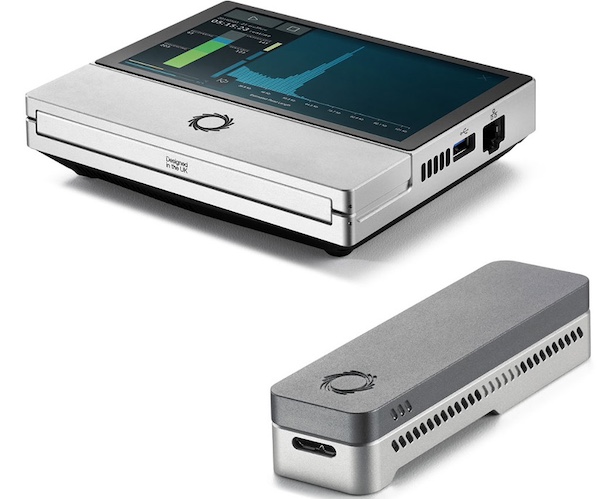Nanopore Sequencing Cuts Tumor Analysis Times and Costs, Finds Study
December 13, 2023
Source: drugdu
 361
361

Copy number variations (CNVs), which activate oncogenes and inactivate tumor suppressor genes, play a crucial role in the development and progression of cancers. As such, CNV analysis is a vital component of tumor grading and diagnosis. Traditionally, this analysis relies on nucleotide hybridization and next-generation sequencing, methods confined to high-complexity centralized laboratories and requiring several days to complete. A more rapid, cost-effective, and straightforward approach to CNV analysis could significantly enhance clinical decision-making, refine surgical planning, and facilitate the identification of potential molecular therapies within the timeframe of surgical procedures. Researchers have now identified nanopore sequencing as a method to refine CNV analysis.
A study conducted by researchers at Dartmouth-Hitchcock Medical Center (DHMC, Lebanon, NH, USA) has found nanopore sequencing to be a more efficient means for CNV analysis. They used Oxford Nanopore’s MinION device, which offers real-time interpretation of long-read nucleotide sequences. To adapt this technology for CNV detection, the team employed a technique involving the random analysis of linked DNA fragments, which allows for the identification of multiple mappable DNA fragments within a single sequencing read.
The study involved analyzing 26 malignant brain tumors using this method. The nanopore sequencing approach successfully detected the same genomic alterations and amplifications as those identified through clinically validated next-generation sequencing and chromosomal microarray analyses. This method also concurrently facilitates tumor methylation classification without necessitating additional tissue preparation, as promoter hypomethylation was observed in all detected amplified oncogenes. A patent application for this novel approach, named irreversible Sticking Compatible Overhang to Reconstruct DNA (iSCORED), is currently pending. The researchers view this accelerated method of CNV analysis as a significant step forward in reducing the time required to identify patients who could benefit from treatment with molecular-targeted therapies.
“The low cost per sample, a mere USD 125, and the ease of setting up the infrastructure with a budget of USD 6,000-8,000 for MinION and USD 14,000-16,000 for PromethION make it an economical option for clinical applications,” stated the researchers. “The unmatched turnaround time of 120-140 minutes further positions our method as a robust and invaluable tool for widespread implementation in clinical settings.”
Source:
https://www.labmedica.com/pathology/articles/294799541/nanopore-sequencing-cuts-tumor-analysis-times-and-costs-finds-study.html
Read more on
- The first subject has been dosed in the Phase I clinical trial of Yuandong Bio’s EP-0210 monoclonal antibody injection. February 10, 2026
- Clinical trial of recombinant herpes zoster ZFA01 adjuvant vaccine (CHO cells) approved February 10, 2026
- Heyu Pharmaceuticals’ FGFR4 inhibitor ipagoglottinib has received Fast Track designation from the FDA for the treatment of advanced HCC patients with FGF19 overexpression who have been treated with ICIs and mTKIs. February 10, 2026
- Sanofi’s “Rilzabrutinib” has been recognized as a Breakthrough Therapy in the United States and an Orphan Drug in Japan, and has applied for marketing approval in China. February 10, 2026
- Domestically developed blockbuster ADC approved for new indication February 10, 2026
your submission has already been received.
OK
Subscribe
Please enter a valid Email address!
Submit
The most relevant industry news & insight will be sent to you every two weeks.



